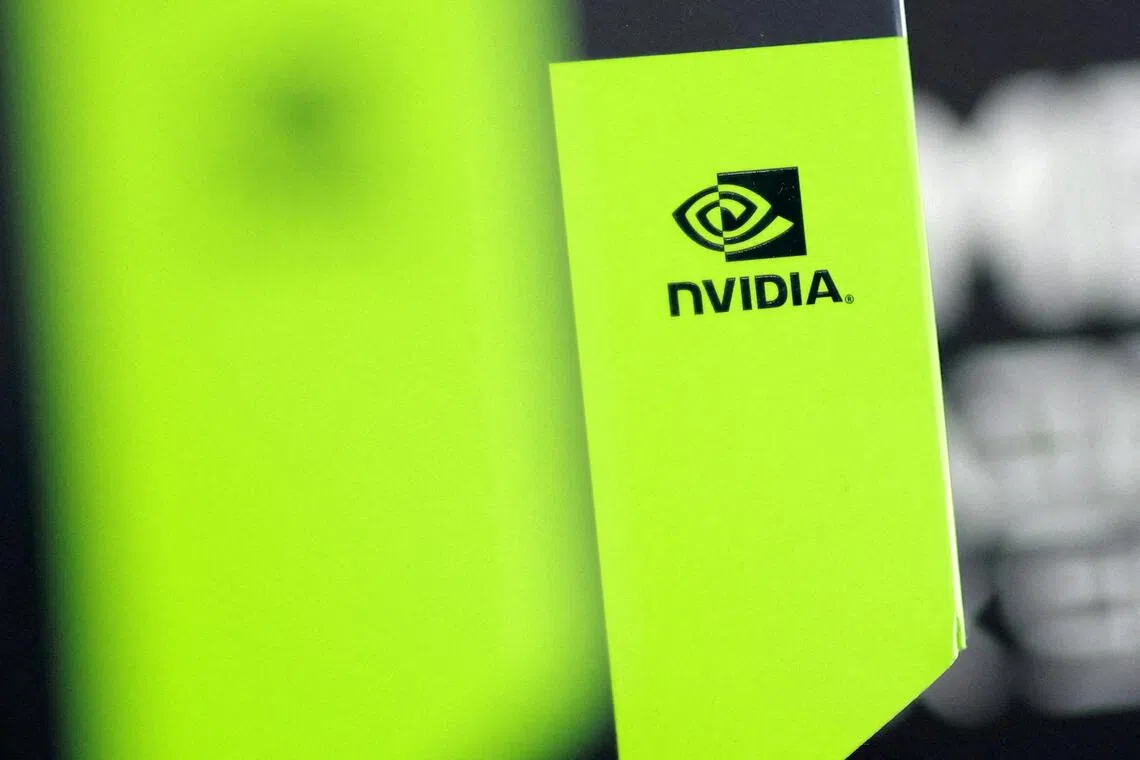Federal authorities in the United States have unveiled a significant crackdown on an illicit operation, charging four individuals—two Chinese nationals and two US citizens—with masterminding a scheme to illegally export advanced Nvidia semiconductor chips to China. This multi-million dollar venture, which allegedly bypassed stringent national security export restrictions, utilized a deceptive real estate business in Florida as its front.
The Elaborate Smuggling Operation Uncovered
The indictment, unsealed on November 19, details how the defendants leveraged a seemingly legitimate Tampa, Florida-based company, Janford Realtor, to facilitate the unauthorized transfer of hundreds of sophisticated Nvidia chips. Prosecutors assert that Janford Realtor, despite its name, never engaged in any genuine real estate transactions. Instead, it served as an intermediary for unlawful and unlicensed exports. The elaborate route involved moving these sensitive shipments through Malaysia before their final destination in China, all without obtaining the mandatory export licenses from the US Commerce Department. The scheme is reported to have operated from September 2023 until this month.
A National Security Imperative: Curtailing China's Access to AI Tech
This case underscores the persistent concerns of the US government regarding China's access to cutting-edge semiconductor technology. For three years, Washington has progressively tightened restrictions on China's semiconductor supply, driven by fears that advanced AI chips could significantly bolster China's military capabilities and pose a direct threat to US national security. The rapid technological advancements in China, exemplified by the launch of the DeepSeek AI chatbot, have intensified these anxieties, prompting a vigilant response from US authorities to thwart any attempts to circumvent export controls.
The High-Value Chips at the Center of the Controversy
The chips illegally exported, or attempted to be exported, include Nvidia A100 GPUs, which are potent data center processors capable of training and running sophisticated artificial intelligence models, even if they are from a previous generation. More alarmingly, the conspirators are also accused of attempting to smuggle the even newer and more powerful H100s and H200s, alongside 10 high-performance supercomputers manufactured by HP and powered by Nvidia chips. All these specified chips and supercomputers are explicitly barred from export to China by the Commerce Department. The indictment outlines four separate export attempts, with two successful shipments of 400 Nvidia A100 GPUs between October 2024 and January 2025. The subsequent two attempted exports to China, however, were thwarted by law enforcement, according to Tampa US Attorney Gregory Kehoe’s office.
Previous Incidents and Industry's Stance
This is not an isolated incident. The US has previously made arrests for similar alleged smuggling activities involving Nvidia chips. In August, two Chinese nationals faced charges for using a California-based company to export advanced Nvidia AI chips without the required government permissions. Amidst these developments, Nvidia CEO Jensen Huang addressed the issue on Bloomberg TV, following his company's earnings call. He emphasized Nvidia's rigorous standards and inspection processes. An Nvidia spokesperson reiterated that, "The export system is rigorous and comprehensive," and even small sales of older generation products on the secondary market are subject to strict scrutiny and review.
The Accused and the Legal Ramifications
The four individuals named in the indictment are Hon Ning Ho, Cham Li, Jin Chen, and Brian Raymond. Ho and Chen were arrested on November 19 and remain in custody, while Raymond was released on bond. Li made his initial court appearance in California on November 20 and is awaiting a detention hearing. Lawyers for the accused have either declined to comment or could not be reached. Prosecutors note that the defendants employed "various techniques to protect their anonymity and to thwart the detection of their activities" by the US government and other law enforcement agencies. If convicted of the most serious charges, they face potential prison sentences of up to 20 years.
Legislative Push for Stronger Controls
Representative John Moolenaar, chair of the House Select Committee on China, commented on the case, calling it the "latest example" of China's efforts to flout US export controls. He stressed the urgent need for legislation that would mandate location verification to ensure powerful US chips do not fall into restricted hands, highlighting the ongoing geopolitical struggle over technological supremacy.







